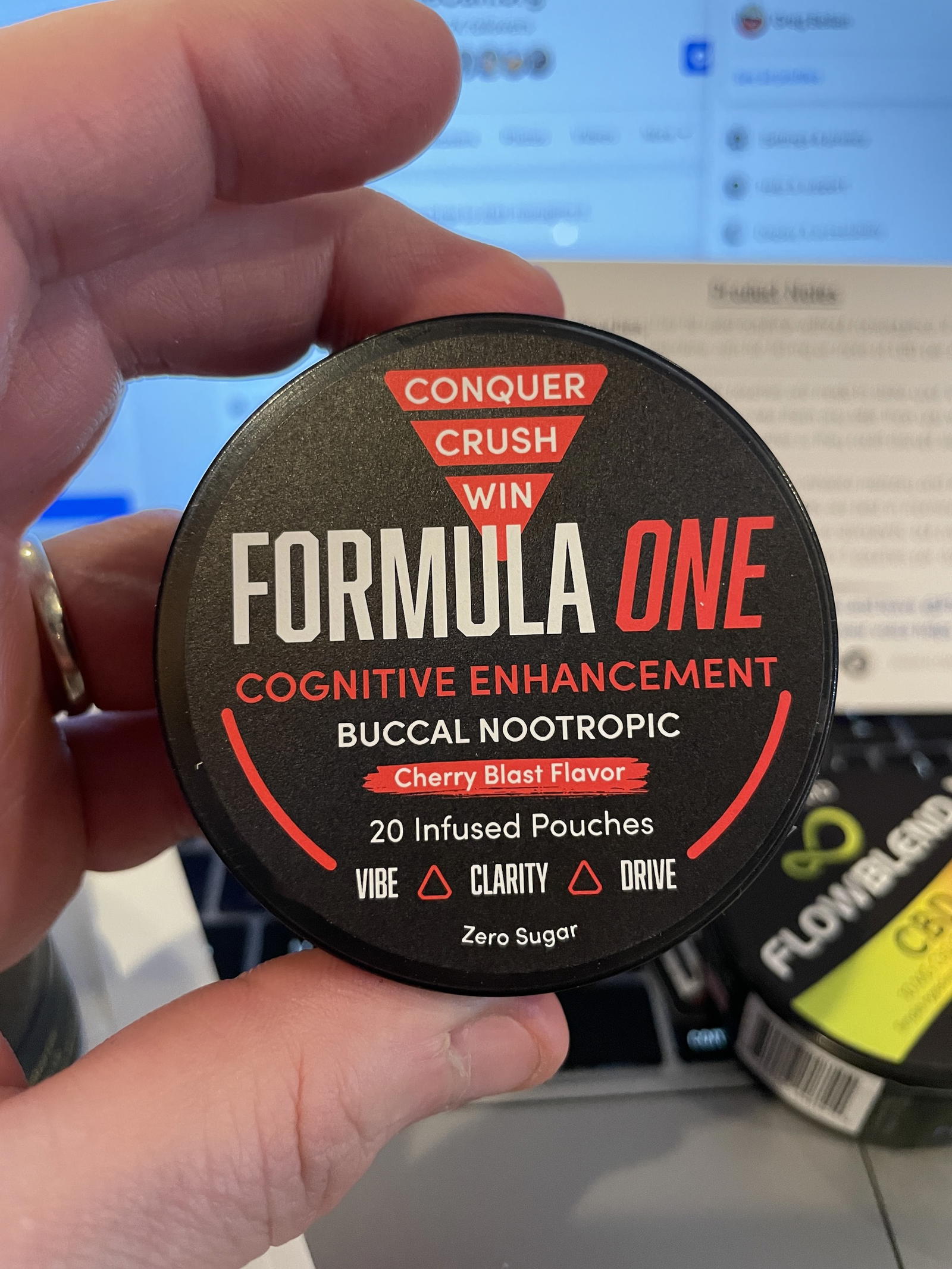The Connection Between Nutrition and Brainpower
페이지 정보
본문
The brain is a highly complex organ that requires the right nutrients and fuel to function at its best. When it comes to cognitive function, diet plays a crucial role in determining one's mental clarity, focus, and overall brain health. A balanced diet rich in essential nutrients can enhance cognitive function, while a deficient diet that is lacking in key nutrients can have negative effects on the brain.
One of the main ways in which diet affects cognitive function is through the provision of essential fatty acids. These fatty acids, particularly omega-3, are crucial for the proper functioning of brain cells and are involved in regulating brain activity that regulate everything from memory to mood. Fatty fish such as salmon are rich in omega-3s, while nuts and seeds like walnuts provide a rich source of omega-6.
Antioxidants are another crucial group of nutrients that support cognitive function. Antioxidants help to protect the brain from cell damage, which can damage brain cells and lead to cognitive decline. Foods high in antioxidants include berries, which are rich in vitamins C and E as well as other antioxidants.
In addition to essential fatty acids and antioxidants, B vitamins also play a significant role in supporting cognitive function. B vitamins, particularly B9, are involved in the synthesis of hormones such as dopamine and serotonin, which regulate mood, motivation, and other cognitive processes. Food sources of B vitamins include leafy greens and whole grains.
Diet can also have a significant impact on the risk of cognitive decline and dementia. A diet high in saturated fats can increase the risk of dementia, while a diet rich in healthy fats can help to lower this risk. Research has also shown that the Plant-based diet is associated with a lowered risk of cognitive decline.
In contrast, a diet that is high in processed can have negative effects on cognitive function. Packaged foods often contain high levels of unhealthy fats, which can lead to inflammation. In addition, many processed are low in vitamins, which can make it difficult for the brain to function at its best.
Furthermore, diet can also affect cognitive function across different stages of life. For example, research has shown that a diet rich in omega-3s can support cognitive function in children, and may even help to slow down cognitive decline. Similarly, a diet rich in essential fatty acids has been shown to support fetal brain development in pregnant women, which can have long-term benefits for Top Nootropic Choice cognitive function.
In conclusion, the relationship between diet and cognitive function is multifaceted. A well-balanced diet rich in essential nutrients can support cognitive function and lower the risk of cognitive decline. In contrast, a diet that is high in processed foods, as well as saturated fats, can have negative effects on brain health. By making informed food choices, individuals can take an active role in supporting their brain health and promoting optimal cognitive function.

- 이전글Enhancing Mental Clarity 25.05.14
- 다음글Eight Questions Answered About Learn More Business And Technology Consulting 25.05.14
